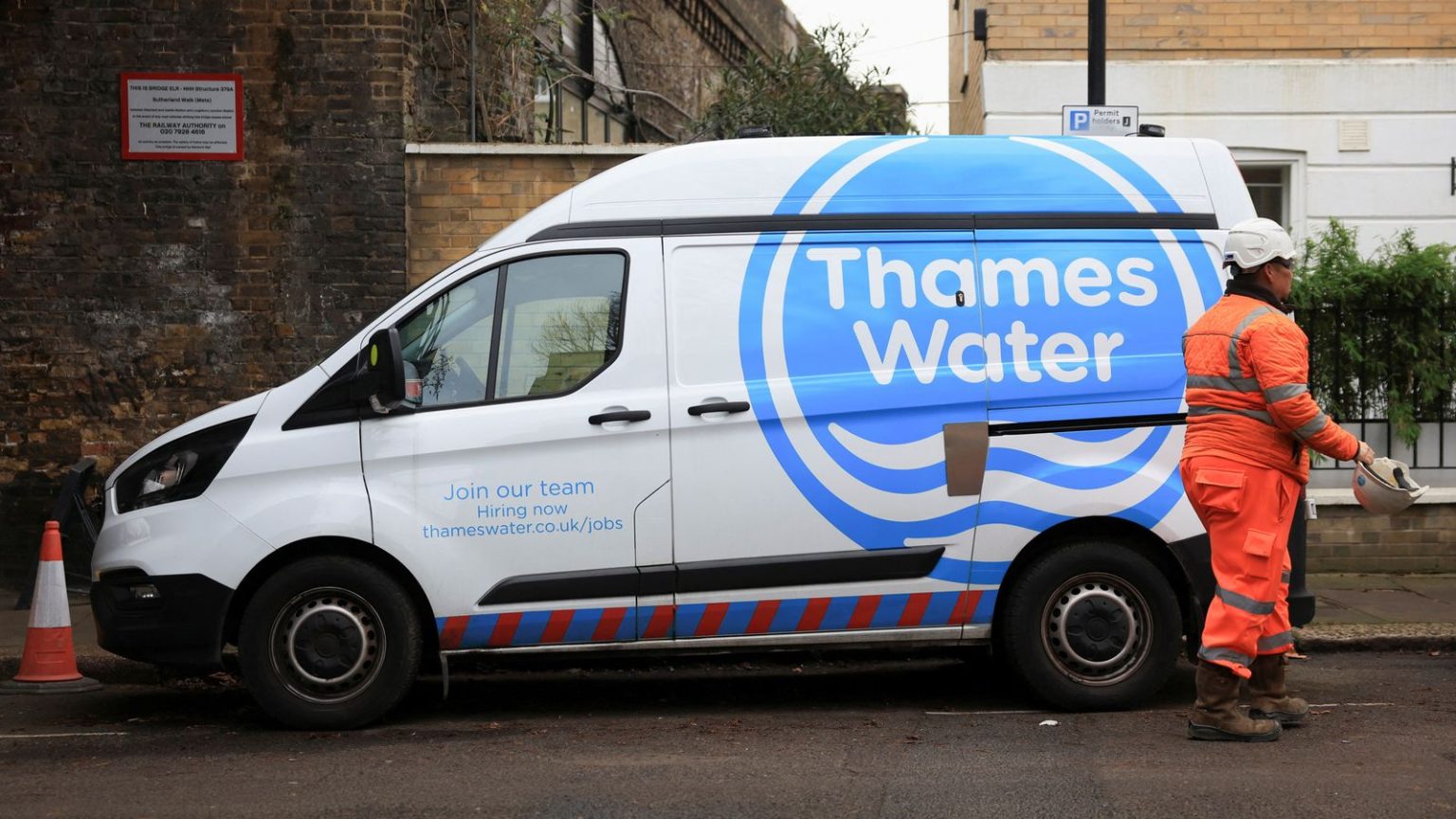Thames Water Under Investigation for Missed Environmental Targets
Thames Water, one of the UK’s largest water utilities, is facing an investigation by Ofwat, the industry regulator, over its failure to deliver more than 100 environmental improvement schemes on time. The company, which is already struggling with a £19 billion debt and battling to secure its financial future, had promised to complete 812 projects under the Water Industry National Environmental Programme (WINEP) by a deadline of 31 March 2025. However, Thames Water has admitted that it is unlikely to meet this target, prompting Ofwat to launch an enforcement case to determine whether the company has breached its legal obligations.
The WINEP schemes are part of a broader initiative to improve environmental outcomes during the 2020-2025 pricing period. These projects include critical upgrades to storm overflow systems, which are designed to reduce sewage spills into rivers and other waterways. Customers have already been paying for these improvements through their bills, and Ofwat has made it clear that it takes such failures seriously. Lynn Parker, Ofwat’s senior director for enforcement, stated that the regulator will thoroughly investigate whether Thames Water has failed to meet its legal duties and will take action if necessary. This could include fines of up to 10% of the company’s annual turnover, a penalty that could run into tens of millions of pounds.
Financial Struggles and Operational Pressure
Thames Water is not only under scrutiny for its environmental performance but is also grappling with significant financial challenges. The company has warned that it may run out of money by next month, raising concerns that it could enter a special administration regime—a form of insolvency protection typically reserved for critical public services. To avoid this, Thames Water is seeking new financing and equity investment, but its preferred rescue plan is currently mired in a High Court dispute between bondholders. This adds another layer of uncertainty to the company’s already precarious financial situation.
Adding to the pressure, Thames Water is still undecided on whether to appeal Ofwat’s final ruling on how much it can increase customer bills during the 2025-2030 pricing period. The company had initially sought a bill increase of more than 50% over this period but was granted a lower rise by the regulator. Meanwhile, customers are already bracing for significant price hikes. Across England and Wales, the average water and wastewater bill is set to rise from £480 to £603 in 2025/26 alone—an increase of about £10 per month. Thames Water’s 15 million customers will see an even steeper rise, with bills set to jump by 31% to £639, an increase of £151.
Customer Impact and Growing Anger
The announcement of the investigation and the impending bill increases has sparked widespread anger among Thames Water customers, who are already struggling with rising living costs. Many have expressed frustration at the prospect of paying higher bills while the company fails to deliver on its environmental commitments. This frustration is compounded by Thames Water’s recent history of penalties for non-compliance. In December, the company was fined £18 million for violating shareholder payout rules, while last summer it was handed a £104 million bill for failing to properly manage sewage overflows.
Despite these challenges, Thames Water has sought to reassure its customers and regulators. A spokesperson for the company acknowledged Ofwat’s decision to open an enforcement case and pledged full cooperation with the investigation. They emphasized that customers will not be asked to pay twice for investments that have already been funded through their bills. Thames Water has also been open about the challenges it faces, citing higher-than-expected costs that have impacted its ability to deliver the WINEP schemes on time. The company first alerted Ofwat to these issues in August 2023 and has since been working to address them.
Ofwat’s Role in Holding Thames Water Accountable
Ofwat’s investigation into Thames Water’s missed environmental targets is a clear sign that the regulator is taking a tougher stance on water companies that fail to meet their obligations. The watchdog has made it clear that it will use its full range of powers to hold Thames Water accountable if breaches are found. This includes not only fines but also measures to ensure that the company takes corrective action to complete the delayed projects.
The regulator’s enforcement action is also a reminder of the broader challenges facing the water industry. With increasing environmental demands, rising costs, and growing customer expectations, water companies like Thames Water are under intense pressure to deliver. Ofwat’s role in ensuring that these companies meet their legal and financial obligations is crucial, not only to protect the environment but also to maintain public trust in the sector.
A Call to Action for Thames Water and the Industry
The ongoing investigation into Thames Water’s environmental performance and its financial struggles serve as a stark reminder of the challenges facing the UK’s water sector. The company’s failure to deliver on its WINEP commitments, combined with its deteriorating financial health, has raised serious concerns about its ability to serve its customers and protect the environment. While Thames Water has pledged to cooperate with the investigation and complete its environmental obligations, the road ahead will be fraught with challenges.
For Thames Water, the immediate priority must be to secure the necessary financing to avoid insolvency and stabilize its operations. At the same time, the company must work closely with Ofwat and the Environment Agency to ensure that the delayed environmental schemes are completed as quickly as possible. Customers, who are already bearing the brunt of higher bills, will be watching closely to see if Thames Water can turn things around and deliver on its promises.
The broader water industry will also be under scrutiny as it navigates the complex interplay of environmental, financial, and customer expectations. Regulators, policymakers, and industry leaders must work together to ensure that companies like Thames Water are held accountable for their commitments while also addressing the systemic challenges that contribute to delays and non-compliance. Only through greater transparency, accountability, and collaboration can the sector hope to build a sustainable future for generations to come.















